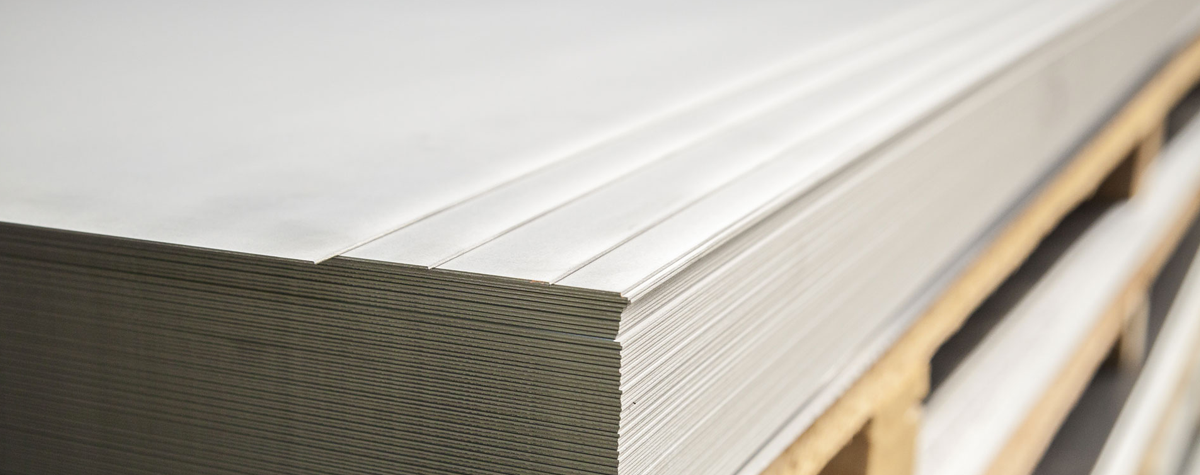
Recognised industry experts, at Impact Steel we know the ever-changing demands and requirements for Aluminised Steel Sheet.
We strive to constantly improve on our current industry processes and practices, in order to ensure that we always provide steel at the highest possible quality.
About Aluminised Steel Sheet
Aluminised Steel Sheet can be processed in a variety of methods, but it is essentially cold rolled steel coated or hot ‘dipped’ in aluminium. The aluminium infuses into the steel producing a multiple-layered sheet. A secondary and controlling ingredient, silicon, is added to the dip bath to ensure the aluminium layer is as thin as possible. This hot dipping stage is followed by air drying.
One of the primary purposes is to produce a sheet that has combined aluminium and steel properties. This hot dipped overlay or finish provides the steel added anti-corrosive protection. Although its strength is superior to ordinary steel sheet, its finish is silky smooth to touch with shiny characteristics.
SPEAK TO AN EXPERT
The Benefits of Aluminised Steel Sheet
In addition to enhancing the corrosion resistance, the steel’s standard properties remain when exposed to temperatures under 800 degrees celsius.
The heat transfer rate of other steel types is far slower than aluminised steel sheet. This makes it most useful for heating-related applications like commercial air-conditioning and heating systems. In fact, its principal intention is to be utilised where a heat resistant is required, in conjunction with a corrosive resistant material.
At Impact Steel, we use hot-dipped aluminising processes as it is the most cost-effective method to produce the highest quality product. It matches the strength of other high-alloyed products but is far less expensive.
The coating layers of aluminium and silicon prevent natural and pit surface corrosion. This steel is especially suitable for applications exposed to harsh or weathering conditions like saltwater that severely damage other types.
Our Aluminised Steel Sheet products are capable of holding a 550 degree celsius, or (1,548 Fahrenheit) tolerance before any physical change in its core properties. It doesn’t contain traces of potentially poisonous lead, unlike some conventional kitchen related appliances or cookware. The bottom line is that in terms of food preparation and for the general hospitality industry, aluminised application is a much safer option.
Another type of Aluminised Steel is developed for the environmental corrosion resistant purposes rather than practical commercial use. It is greatly advantageous in the construction of corrugated roofing and siding.’
Specific Uses and Applications of Aluminised Steel Sheet
Aluminised Steel Sheet is carbon steel coated, through the hot-dip process, with an aluminum-silicon alloy. The aluminium coating provides resistance to high temperatures and a bright appearance.
The silicon promotes better adherence of the coating to the base metal.
Aluminised steel sheet will maintain a bright appearance and provide long-term service at high temperatures. Typical uses are mainly in:
- Appliances
- Heaters
- Engine components
- Specific types of transport applications
- Mining
- Non-residential applications.
Our Aluminised Steel Sheet Products
Aluminised Steel Sheet
All our Aluminised Steel Sheet products are manufactured to commercial grades – T125, T140Q, DQ and DDQ.
Alternate grades can be made available upon request. The pictures above/below provide a more precise idea of what we supply.
Our Aluminised Steel Sheet and coil is produced at a singular standard width:
- 1220mm
Available in a Thickness Range of 0.55mm – 3.00mm.
All Aluminised Steel Sheet products meet Australian Standards.
Sheet Lengths
Sheets can be ordered in two standard measurements:
- 2440mm and;
- 3050mm
Speak to Impact Steel for more information on our range of Aluminised Steel Sheet products.
